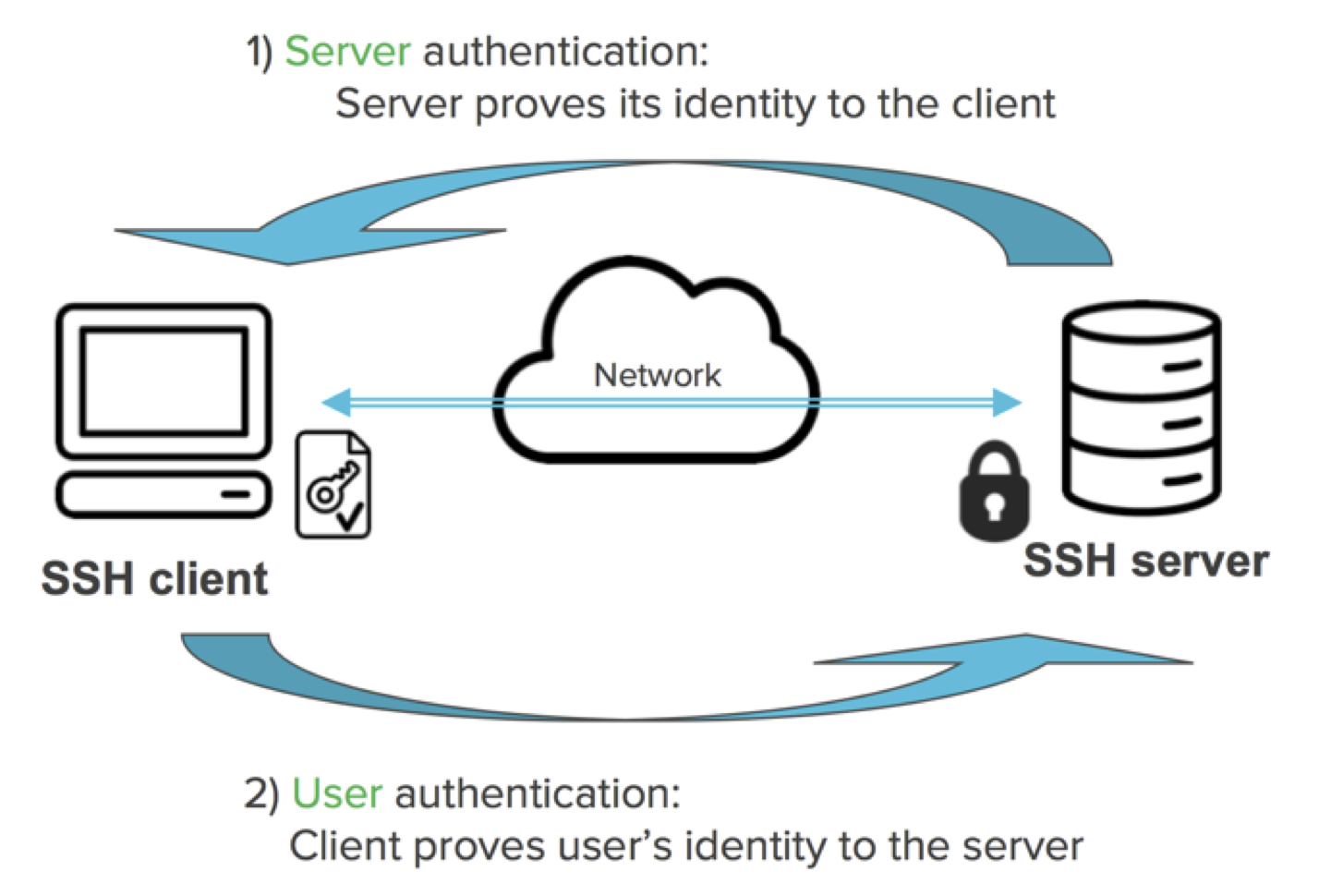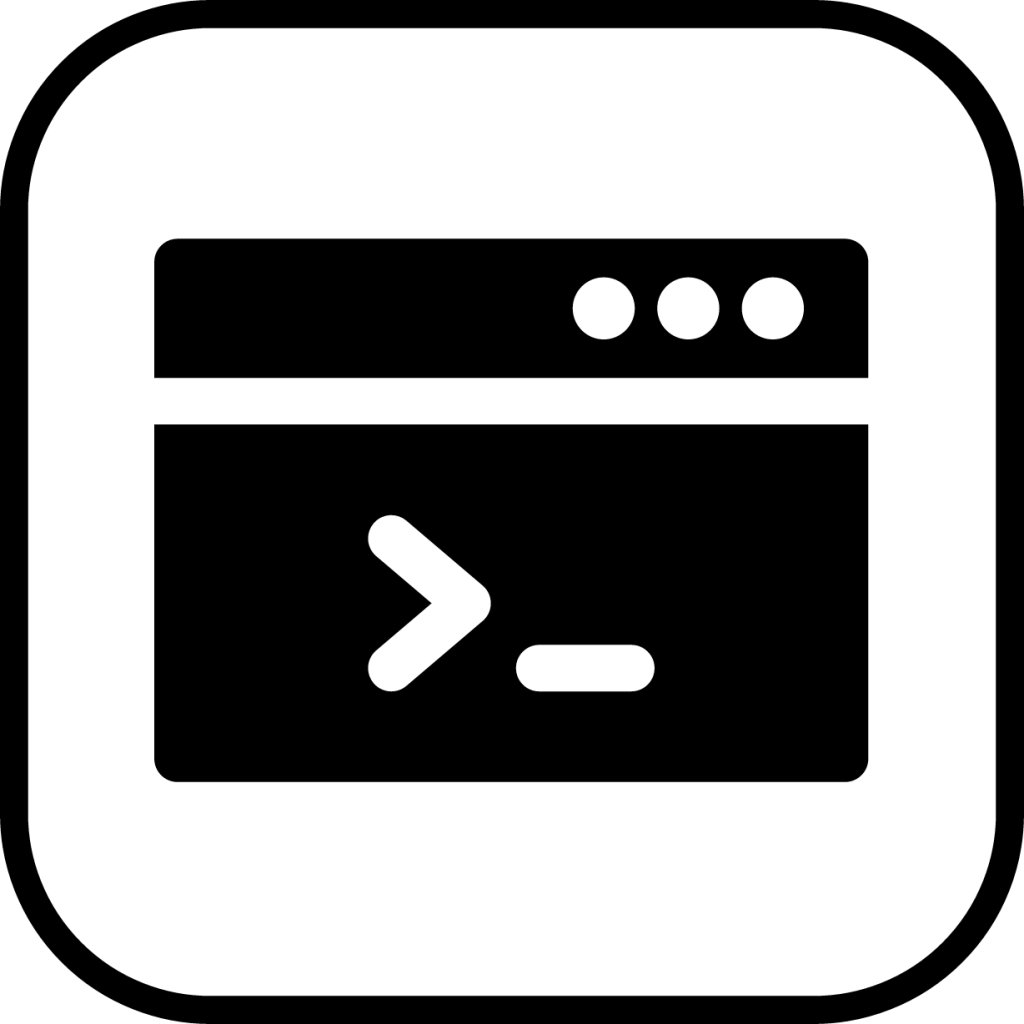Have you ever thought about how computers talk to each other across vast distances, especially when you need to get something done on a machine far away? It's a pretty common thing these days, like when someone needs to check on a server or send files to a computer located somewhere else entirely. Doing this safely is a big deal, because you really don't want just anyone listening in on what your computers are saying to each other. This is where a very helpful tool, often called SSH, comes into the picture. It helps make sure those conversations stay private and protected.
This particular method, which people often refer to as Secure Shell, acts like a special, secret pathway between different computers. It helps you connect to a machine that isn't right next to you, making sure that whatever you're doing or sending is kept away from prying eyes. It's a way to get work done on a far-off computer without having to worry so much about someone else seeing your private information. So, it's almost like having a direct, secure line just for your computer work.
We're going to talk a bit about what this Secure Shell actually is, how it works its magic, and why so many people rely on it every single day for keeping their computer interactions safe. We'll also cover some of the ways it gets used in the real world, from big computer centers to managing things on your own personal server. You know, just a little bit of insight into this important piece of how computers communicate securely.
Table of Contents
- What is SSH - A Friendly Introduction
- Why do we need what is SSH anyway?
- How does what is SSH keep things safe?
- What makes what is SSH different from older ways?
- Where is what is SSH typically put to use?
- Is what is SSH hard to get started with?
- What kind of things can you do with what is SSH?
- The important job of what is SSH in keeping things secure
What is SSH - A Friendly Introduction
Secure Shell, or SSH as it's commonly known, is a special kind of set of rules that computers use to talk to each other. Think of it as a very private conversation channel that gets set up between two computers. This channel makes sure that everything said between them is scrambled up, so if anyone tries to listen in, they just hear gibberish. This scrambling is what people call encryption, and it's a very big part of what makes SSH so useful. It basically turns your computer talk into a secret code.
When you use SSH, you're essentially creating a protected pathway from your computer to another one, somewhere else. This pathway is a bit like a sealed tube, making sure that all the information going back and forth is kept away from anyone who shouldn't see it. This system also has a way of making sure that the computers talking to each other are actually who they say they are, which is a process called authentication. So, you know, it adds an extra layer of confidence to the connection.
In its simplest form, SSH is a way to connect to a computer that isn't right in front of you, but to do it in a way that feels very secure, even if the general network you're using isn't. It helps you get things done on that distant machine, like giving it instructions or moving files around, without having to worry that someone might intercept your actions. It's really quite a clever piece of computer science, you know, making remote work much safer.
Why do we need what is SSH anyway?
You might wonder why we even bother with something like what is SSH when computers seem to connect all the time. Well, the internet, as great as it is, isn't always the most private place. When information travels across it, especially without any special protection, it's a bit like sending a postcard. Anyone along the way can read what's on it. For sensitive things, like logging into a computer or sending private files, that's just not good enough. So, this is why we need something that puts a strong lock on those communications.
Before SSH came along, there were other ways to connect to distant computers, but many of them were like sending those postcards. They sent information in a very open way, meaning usernames, passwords, and anything you typed could be seen by someone with the right tools. That's obviously a huge risk for anyone trying to keep their computer systems safe. So, SSH was created to fix that very problem, making sure that those open lines of communication became private ones instead. It's a pretty important step in keeping things secure, honestly.
The need for what is SSH really comes down to privacy and security. Whether you're a person working on a server for your website, or a big company with many computers spread out, you want to be sure that only the right people can get to those machines and that whatever they do there stays private. It helps prevent bad actors from sneaking a look at your important stuff or taking control of your systems. In a way, it's a fundamental building block for safe computer operations in our connected world.
How does what is SSH keep things safe?
The main way SSH keeps your computer interactions safe is by making sure everything that travels between the two machines is scrambled. This scrambling process, which is called encryption, means that even if someone manages to intercept the data, they won't be able to make any sense of it. It looks like a random jumble of letters and numbers. This is a very big deal for keeping your information private, because it means your passwords and commands are protected. So, it's almost like sending a message in a secret code that only your two computers know how to read.
Beyond just scrambling the information, SSH also has a clever way of making sure that the computer you're trying to connect to is actually the one you think it is, and that your computer is also who it says it is. This is called authentication. It's a bit like a handshake where both sides show their identification before they start talking. This helps prevent someone from pretending to be your server or your computer, which is a pretty common trick bad guys try to pull. It adds a really important layer of trust to the connection, you know.
Another thing that helps what is SSH keep things safe is its ability to create a "secure channel." This means that once the connection is made and both computers have checked each other's identities, all the communication that happens afterward goes through this specially protected pathway. It's not just a one-time check; the entire session, from when you log in until you log out, is kept private. This means you can run commands, move files, and do whatever you need to do on the remote machine without constant worry. It's a rather reassuring system, if you think about it.
What makes what is SSH different from older ways?
One of the biggest differences between what is SSH and older methods, like something called Telnet, is how they handle the information they send. Telnet, for example, would send everything, including your username and password, as plain text. This means if someone was watching the network traffic, they could just read your login details right off the screen. It was like shouting your secrets across a crowded room. SSH, on the other hand, scrambles everything up from the very beginning, making it unreadable to anyone who isn't supposed to see it. This is a pretty fundamental shift in how secure remote access is handled.
Another key difference is the concept of authentication. Older systems often relied on simpler ways to confirm who you were, which were easier to trick. What is SSH, however, uses more advanced ways to prove identity, such as special keys that are much harder to guess or steal than a simple password. This makes it much more difficult for an unauthorized person to pretend to be you and gain access to a remote computer. It's a significantly stronger form of identification, in some respects, which really helps with overall security.
The development of SSH was a direct response to the weaknesses of these older, less secure ways of connecting. It wasn't just a small improvement; it was a complete rethinking of how to create a private and verified connection between computers over networks that are inherently open to public view. This focus on strong encryption and robust identity checks is what truly sets what is SSH apart and makes it the preferred method for secure remote operations today. It's basically a much more careful and thoughtful approach to computer communication.
Where is what is SSH typically put to use?
What is SSH finds its place in a huge number of settings where secure remote access is a must. You'll find it used in nearly every big computer center, those places filled with rows and rows of servers that power websites, applications, and all sorts of online services. People working in these centers rely on SSH to get into those servers, check on them, and make sure everything is running smoothly, all without having to be physically present. It's how they manage so many machines from one spot, you know.
Big companies, often called large enterprises, also use what is SSH extensively. They have many computers and servers spread across different offices or even different parts of the world. SSH helps their IT teams securely manage all these different machines, whether it's installing updates, fixing problems, or just checking their status. It's a critical tool for system administration, allowing people to keep complex computer systems in order from anywhere with an internet connection. It's pretty much a standard tool for anyone looking after a lot of computers.
Beyond the big organizations, even individuals who run their own websites or have a personal server often use what is SSH. If you have a Linux machine that you need to access from afar, SSH is your go-to method. It lets you log in, run commands, and generally work with that machine as if you were sitting right in front of it, but with all the security benefits. It’s a very handy command to know if you ever need to do any kind of remote administration, which, you know, happens quite a bit these days.
Is what is SSH hard to get started with?
Some people might think that using something like what is SSH sounds a bit complicated or difficult to learn, especially with all the talk about protocols and encryption. However, for many common tasks, getting started with SSH isn't as hard as it might seem. Most operating systems, like Linux and macOS, have SSH tools built right in, so you don't need to install anything extra to begin. For Windows users, there are also straightforward ways to get it working, often with just a few clicks. So, it's more accessible than you might initially believe, honestly.
The basic process of connecting using what is SSH usually involves opening a simple command window and typing a command that includes the username for the remote computer and its address. It's a bit like telling your computer, "Hey, connect me to this specific machine with this particular identity." Once you've done that, and you've provided the correct password or a special key, you're in! You then have a direct line to the remote computer. It's pretty intuitive once you get the hang of it, actually.
While SSH can do some very advanced things, its fundamental use for logging into a remote machine and running commands is quite simple. There are many helpful guides and resources available online that can walk you through the first steps. So, don't let the technical terms scare you off. The initial setup and basic usage of what is SSH are relatively easy to pick up for most people who need to do remote computer work. It's a skill that pays off pretty quickly, you know.
What kind of things can you do with what is SSH?
Once you've made a secure connection using what is SSH, you can do a surprising number of things on the distant computer. It's almost like you're sitting right in front of it, typing directly on its keyboard. You can run any command that you would normally run if you were physically there. This means you can start and stop programs, check on how the computer is doing, or even change its settings. It gives you a lot of control over the remote machine, which is incredibly useful for managing servers and other systems.
Beyond just running commands, SSH is also fantastic for moving files back and forth securely. If you need to send a document to a server or download something from it, SSH can handle that with all the same security features. This is a very common use, especially for website owners who need to upload new content or download backups. It means your files are protected as they travel across the internet, which is a pretty big comfort. So, it's not just about giving instructions; it's also about moving important digital items safely.
What is SSH also plays a big part in automating tasks. People can write scripts or programs that use SSH to connect to multiple machines and perform actions without human intervention. This is very common in environments where many servers need to be updated or configured in the same way. It helps save a lot of time and makes sure that things are done consistently across all machines. It’s a really flexible tool, capable of supporting both manual work and automated processes, which is pretty neat.
The important job of what is SSH in keeping things secure
The job of what is SSH in keeping computer systems safe is truly important. It provides a secure way for people to get into remote computers, which is something that happens constantly in today's interconnected world. Without SSH, many of these connections would be open to various kinds of digital threats, like someone listening in on your private information or even trying to take control of your machines. It acts as a fundamental barrier against these kinds of unwanted intrusions, you know, making sure your digital space remains your own.
In places like computer centers and IT departments, where many machines need constant care, what is SSH is absolutely critical. It's used for everyday tasks like putting new software updates on servers, making sure network devices like routers are working correctly, and generally maintaining the health of an entire computer system. These are activities that need to be done securely, because any slip-up could lead to big problems. So, SSH helps ensure that these vital operations are carried out without putting the whole system at risk. It's a very dependable workhorse for security.
The secure channel that SSH creates is more than just a convenience; it's a necessity for protecting sensitive information. It stops things like passwords and other private data from being seen by unauthorized people. This protection is what allows individuals and organizations to work with confidence, knowing that their remote interactions are private and that their systems are less likely to be compromised. It's a pretty big deal for maintaining trust and safety in how we use computers across distances. It essentially gives peace of mind to those who rely on it.


